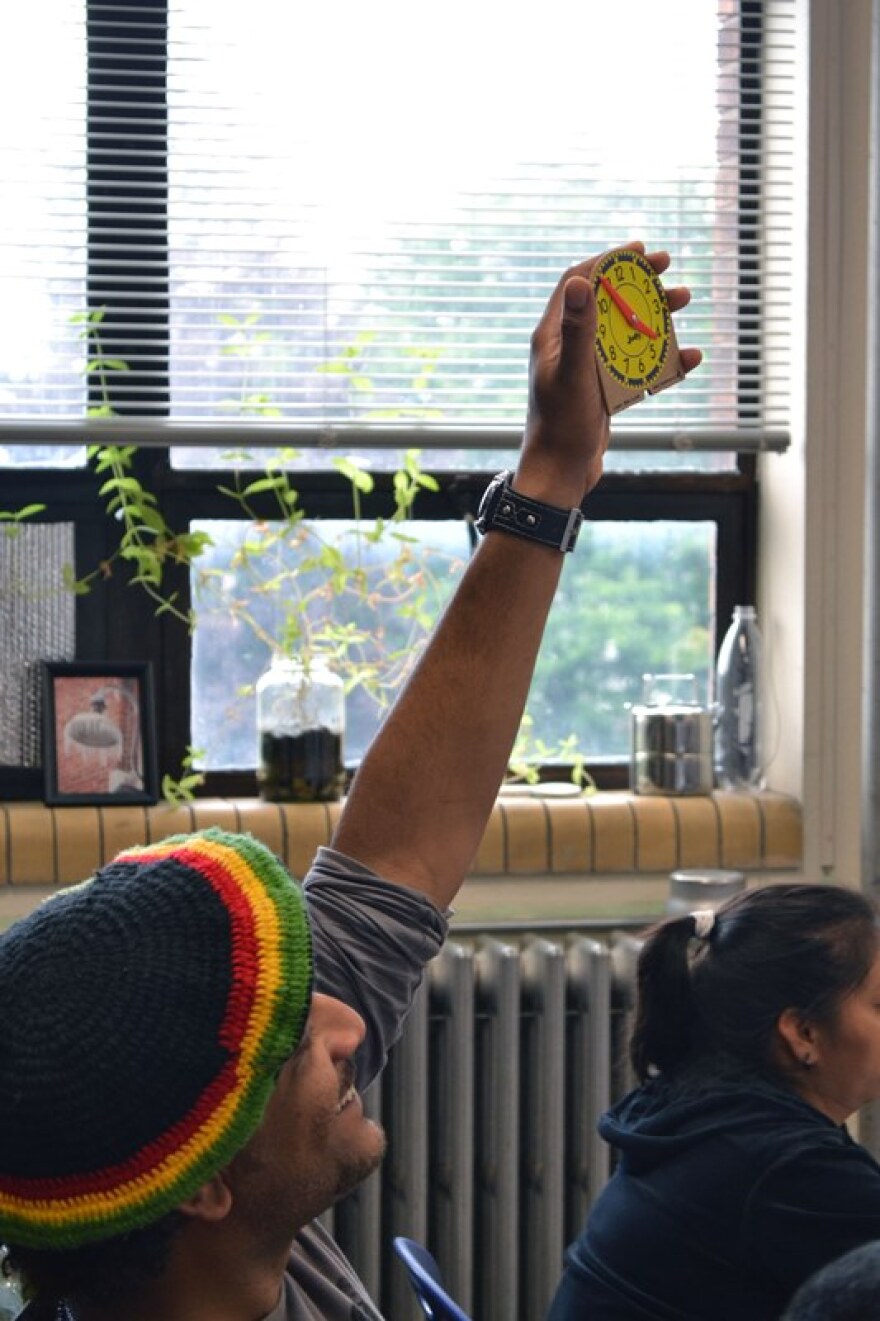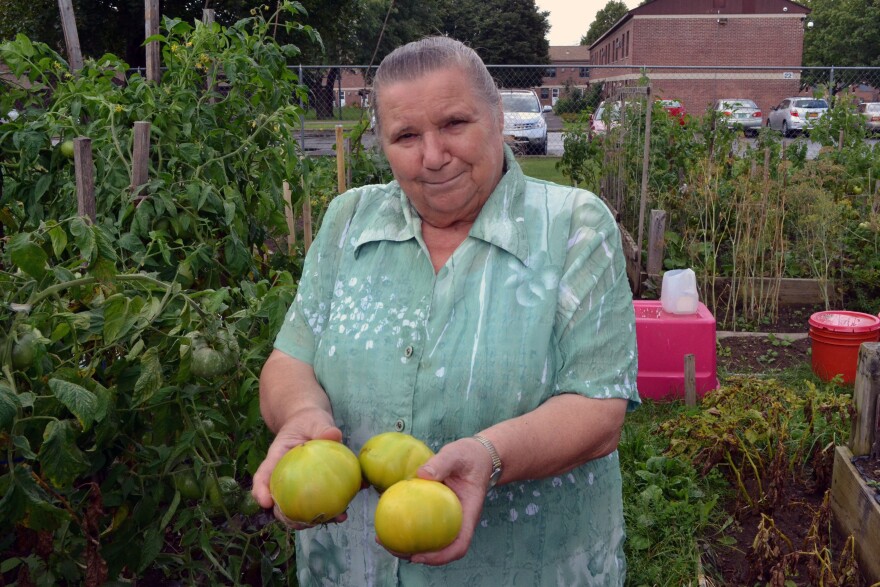Since 2004, upstate New York has taken 90 percent of all refugee resettlements in the state. This is the first part of the Innovation Trail reporting series looking at how upstate New York's refugee population is influencing the region's economy.
Utica has long seen itself as a city of immigrants. The arrival of Italians, Germans and Irish drove the city’s population to peak at around 100,000. During the mid 1970s in the wake of major changes to the city's industrial base and dwindling employment opportunities, the population fell by nearly half.
"This city that we have now," said Joe Marino, a city councilor, "these new refugees really, really rebuilt the city."
Marino is driving through his district to point out how the refugee population has turned whole neighborhoods around.
Waves of refugees from Bosnia, Burma, Bhutan and Somalia have arrived over the past few decades and stabilized the population. The 2010 census showed the city saw a bump in population for the first time in decades. It's now at 62,000. Refugees and immigrants make up a quarter of that.
"If we'd had one more steep decline in population, we were liable to lose federal funding," Marino adds.
Four out of five longtime Utica residents want to see more refugees settle here, according to a recent Zogby survey of the region. That’s likely because there are visible signs of their positive impact, as Marino is keen to point out.
Many refugee families, especially from Bosnia, have begun to re-inhabit once rundown neighborhoods. And new businesses have opened downtown.
Marino stops at a section of public housing where Stepanda Zhushma is tending a community garden, which she takes no time to show off. She points to onions, red beets, garlic orlegi.
Zhushma came to the United States on September 23, 1989 from Belarus. The date rolls off her tongue.
"Good area," she said of living in Utica, "I like [the] people, neighbors."
Zhushma and some other petite eastern European women tending the garden gather up tomatoes and cucumbers and visitors don't leave empty-handed. Nearby, brightly-colored African fabrics dry on the line outside a home; a sign of the newer wave of residents.
"It's good for this city"
When refugees come to small cities like Utica, they require intense assistance. The private non-profit refugee center helps with most of that.

The Mohawk Valley Resource Center for Refugees handles resettlements for all refugees coming into the Utica area.
The MVRCR's downtown office, in a former Catholic school, is a hive of activity on the day I visit. Director Shelly Callahan makes her daily round through job placement counseling sessions, a driver's ed lab and several English language courses.
About 15,000 refugees have come through the center in the past three decades. They’re the main source of new and young people in a city that’s otherwise seen residents leave.
"They stemmed population loss in this city. So there really is an appreciation of what they bring," Callahan said. "There is a realization that there might be cost up front, but it's worth it. It's community building, it's good for this city."
A "huge, huge family"
A few blocks down the street is the office of MAMI Interpreters, where Alla Moysayuk and others works as translators. She came here from Ukraine when she was just a toddler.
During a conversation about adjusting to a new home and fitting in, Moysayuk says they don’t feel out of place in Utica because having an accent or dressing differently is the norm.
"It Utica, it’s kind of like everyone from all over the world and [it’s] kind of like this huge, huge family," she said. "And I think most of the refugees, they care for each other."
But that feeling can quickly go away, another transplant explains. Sulien, who is originally from Taiwan, said she’s reminded of her country of origin whenever she ventures out of Utica’s welcoming confines.
"Some small towns, I can feel like people can really see [me]. Most of the time I don’t remember I’m different. Most of the time I don’t really [hear] my accent, but there are certain places that remind of that," she said.
As Utica has opened its arms to new Americans, there’s been an unexpected bonus for the city’s religious institutions. They’re seeing their congregations grow. And some are now offering masses in foreign languages. The city also boasts its own Buddhist Temple and a mosque.
Economic impact

A study by Hamilton College looked at the economic impact of refugees. While most require help from several social welfare programs like heating aid or food stamps to begin with, they have a positive economic impact. It takes about six years, but soon those families are paying income and sales tax and buying homes. And they’re providing services to newer arrivals.
Abdullahi Majeni and Jeylani Semboga are some of those that are now trying to lend a hand. They help run the Mohawk Valley Somali-Bantu Community Association.
For them, keeping the association running and paying the rent on their building is a constant challenge. But they have a mission, Majeni says, to make sure the newer Somali-Bantus coming to Utica find a helping hand in the community, something they didn’t necessarily always have.
"We are here for them," said Majeni. "If we did not do that, who’s going to help them? We have to guide them to be our future generation."








